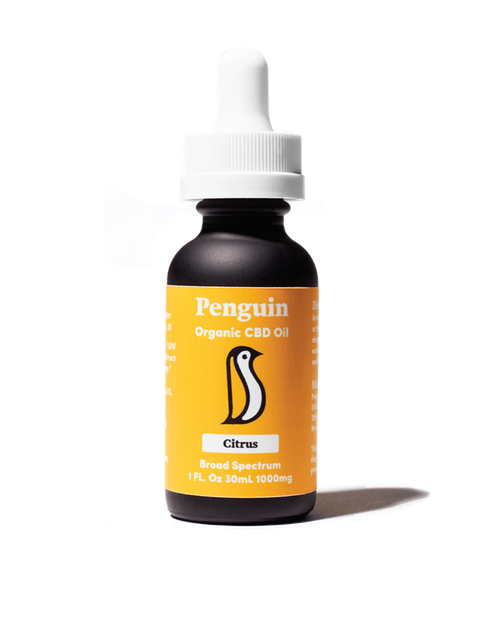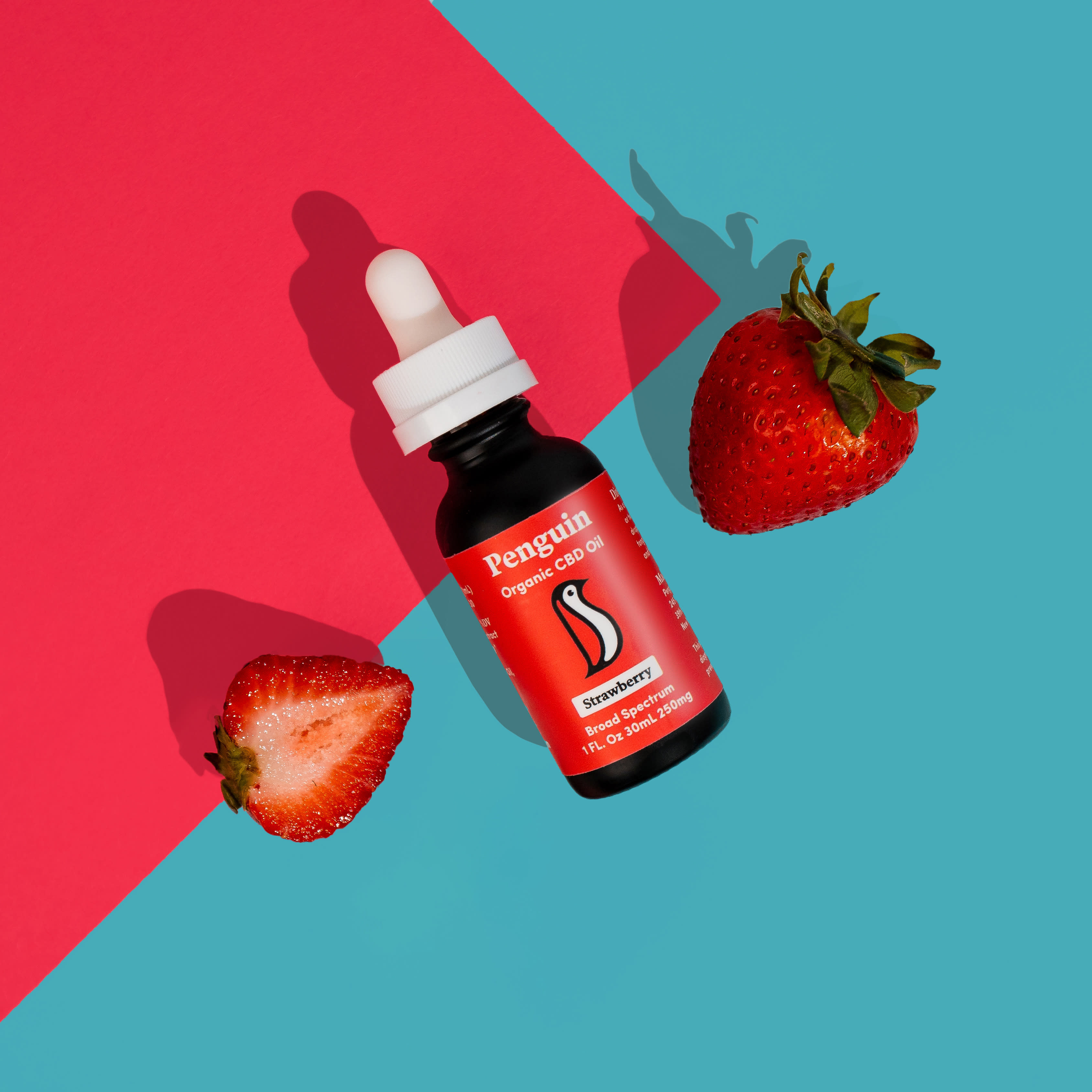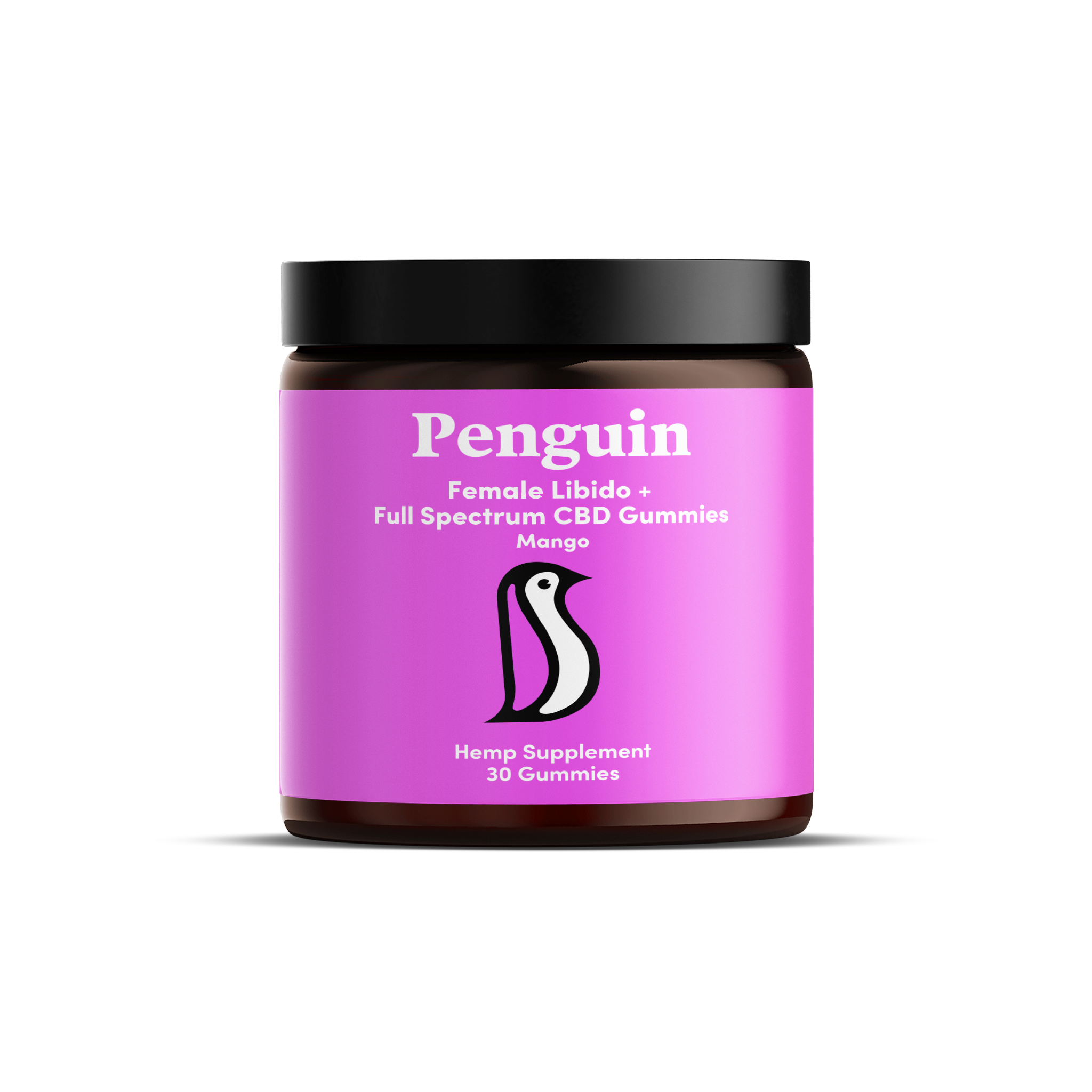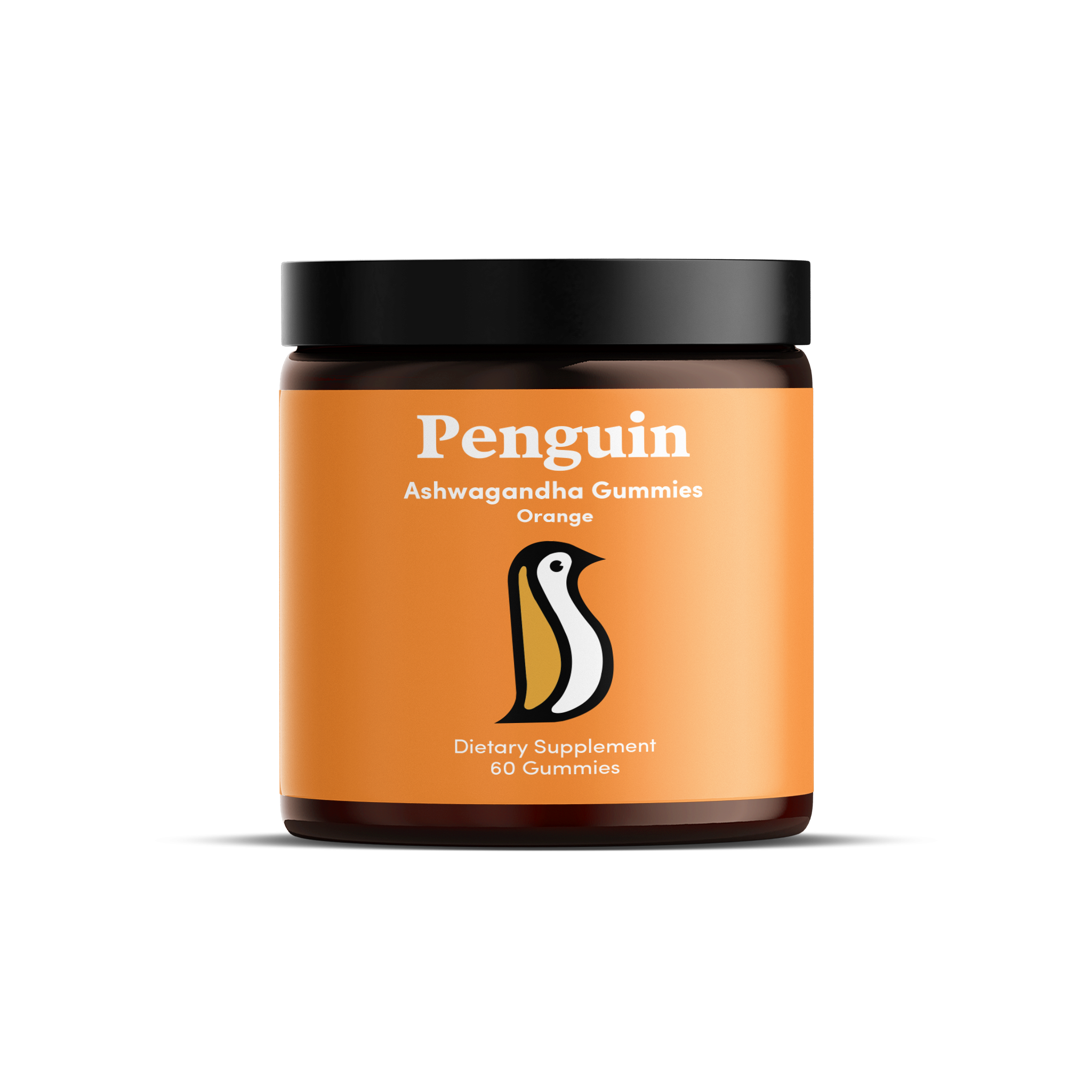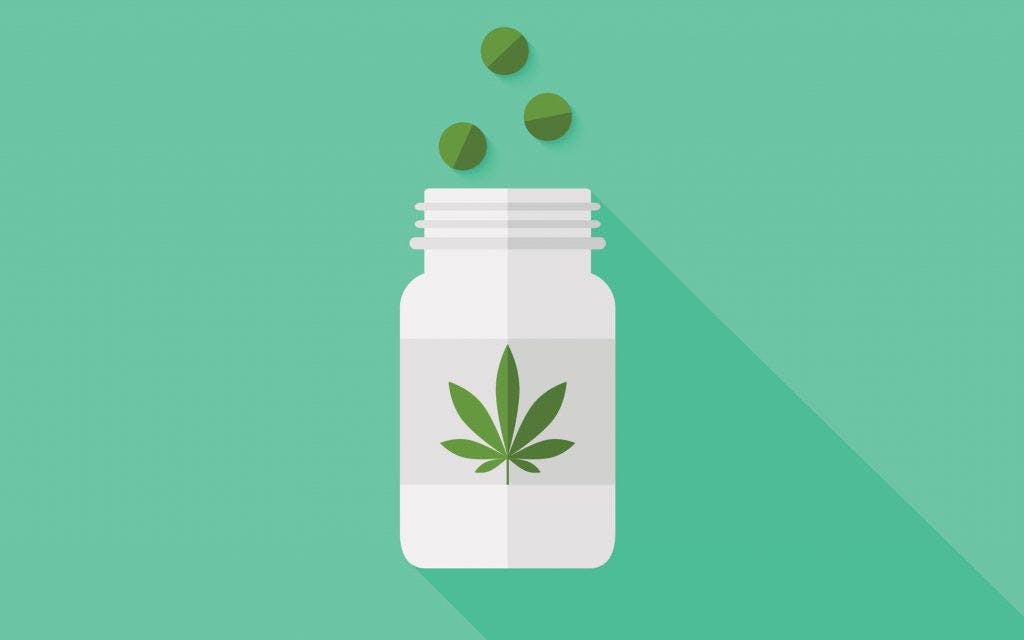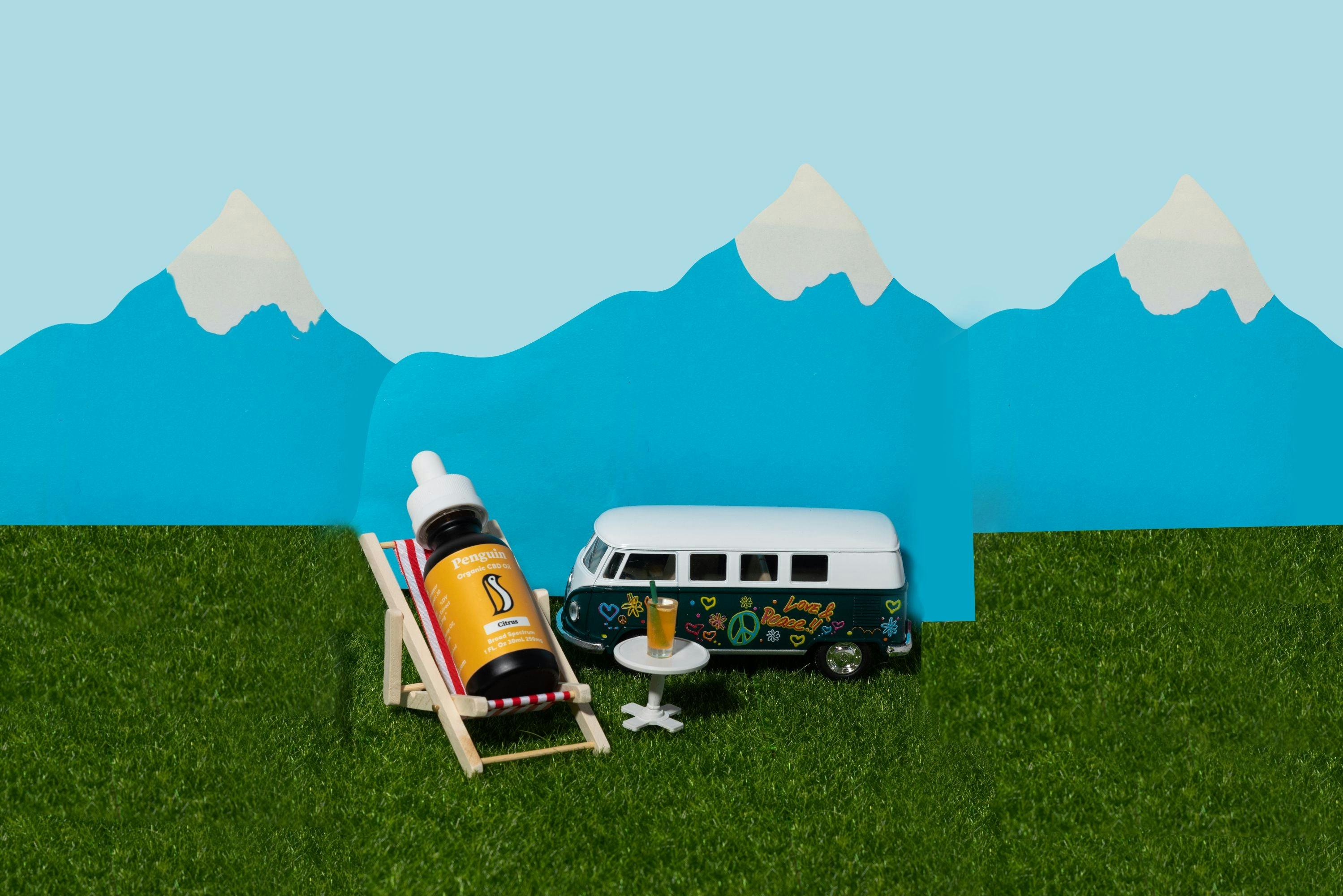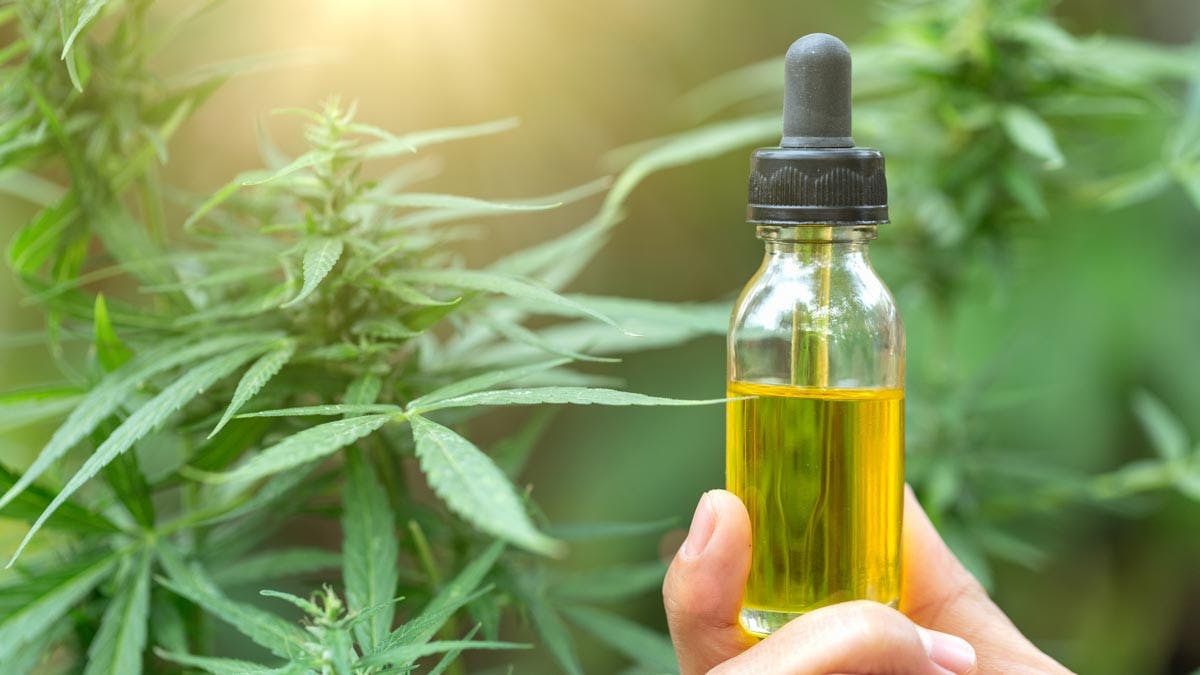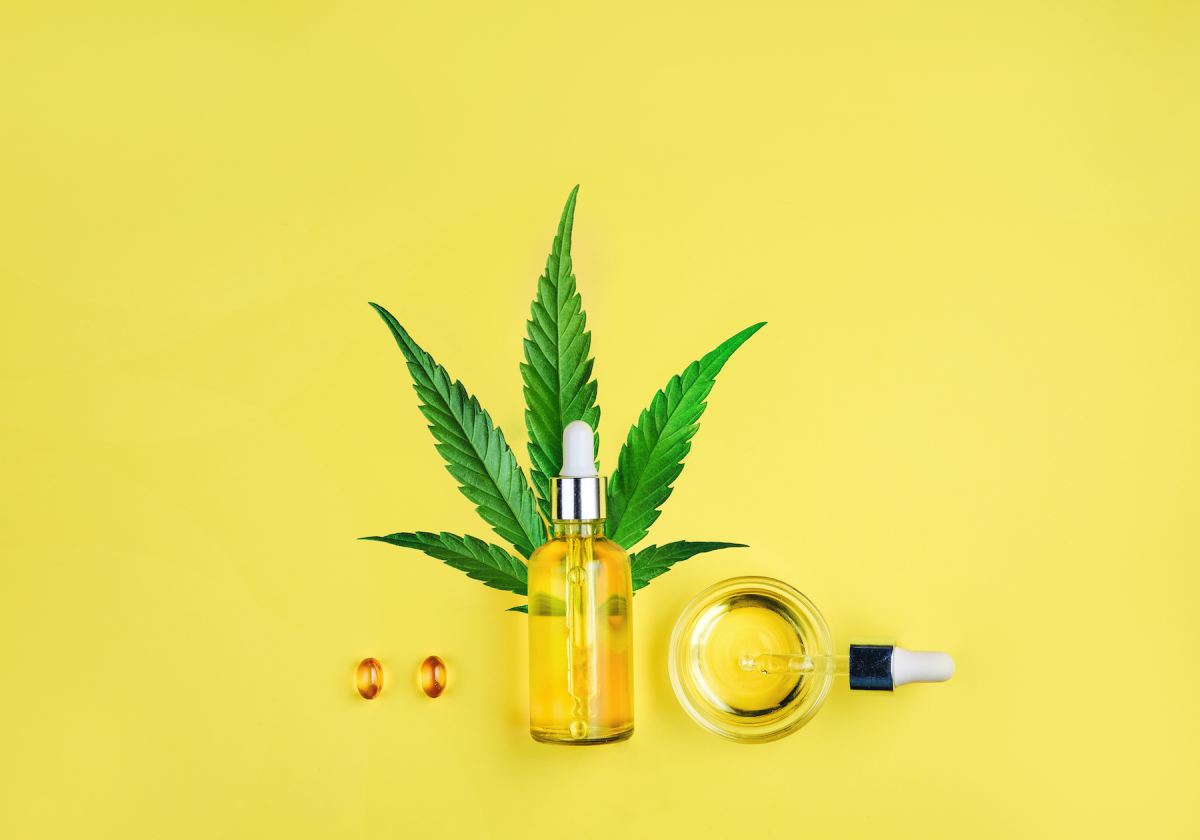The Difference Between CBD and THC
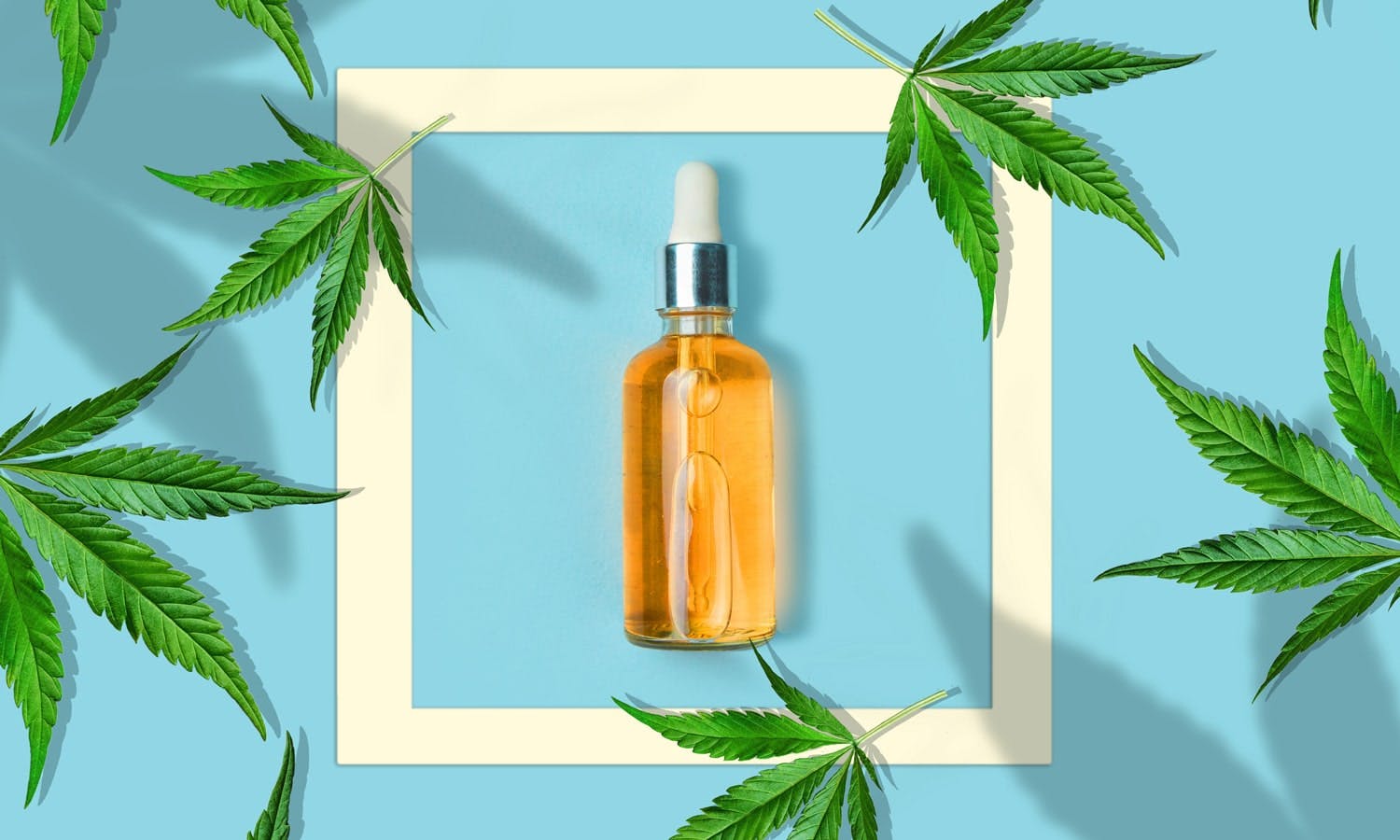 By Penguin CBD
By Penguin CBDWhile people have used marijuana for medicinal purposes for centuries, CBD products are relatively new, so it’s understandable if you confuse CBD and THC. They both come from cannabis, so how different can they be?
While it’s true that both molecules are derived from cannabis and are chemically similar, the differences between the two are significant.
What Are CBD and THC?
CBD is short for cannabidiol and THC is short for delta-9-tetrahydrocannabinol. Both are molecules known as cannabinoids, which are found in the Cannabis sativa plant, though they are only two out of over 100. THC is famous for inducing a “high” in people who ingest it.
Getting high is not the only thing people use THC for, though. Medical professionals in many states prescribe medical marijuana to help patients suffering from chronic pain.
Research is ongoing, but anecdotal evidence suggests that CBD is similarly capable of improving people’s moods. It does not, however, induce a high or make users feel “stoned,” which is why many consumers have turned to it for its various health benefits.
How CBD and THC Interact With Your Body
The human body (as well as the bodies of many mammals) naturally produces its own cannabinoids called endocannabinoids (“endo” means “inside”). Endocannabinoids are so named because they were discovered in cannabis first, and in the human body in the 1980s.
Endocannabinoids are an integral part of your endocannabinoid system. This system is still mysterious, but new evidence suggests it plays a critical role in maintaining homeostasis in your body.
Homeostasis is a state of equilibrium: When you’re hungry, endocannabinoids tell your stomach to growl so you know it’s time to eat. When you’re hot, endocannabinoids help trigger your sweat glands so you cool down. This system, abbreviated as your ECS, is involved in a range of other biological processes.
When you ingest phytocannabinoids from cannabis (“phyto” means “plant”), the extra molecules give your system a boost. Many people report that CBD and THC improve their moods and promote wellness.
CBD and THC have the same molecular structure: 30 hydrogen atoms, 2 oxygen atoms and 21 carbon atoms. However, the atoms are arranged slightly differently, which is how we can distinguish between the two.
What Is the Difference Between CBD and THC?
THC attaches to your cannabinoid 1 (CB1) receptors in your brain. This binding is what induces a sense of euphoria.
CBD, however, does not bind to CB1 receptors nearly as well. The slight difference in the way their atoms are arranged means that CBD does not create the same sense of euphoria in the brain, so you can enjoy its wellness benefits without negatively altering your state of mind.
You may hear from CBD advocates and even other companies that CBD is not psychoactive, but this is misleading. If CBD were not psychoactive, it would not be able to alleviate anxiety or stress the way many people find it does. What it is not is an intoxicant: THC gets you high, CBD doesn’t.
The World Health Organization recently determined that CBD is also nontoxic and nonaddictive, making it a safe-to-consume dietary supplement.
Is CBD a Medication?
It is important to note that CBD oils, gummies and other products are not medications or legitimate pharmaceutical alternatives.
The only FDA-approved medication that includes CBD as a prominent ingredient is Epidiolex. Epidiolex is a brand-name prescription drug that is used to treat two forms of epilepsy in children: Lennox-Gastaut syndrome and Dravet syndrome. The FDA approved Epidiolex in 2018 and declassified it as a controlled substance in April 2020.
Where Do CBD Products Come From?
It is possible to derive CBD products from marijuana, but all legal CBD products in the United States are sourced from hemp. Hemp is a variety of the cannabis plant that has 0.3 percent THC content or less. Manufacturers must cultivate their hemp plants in accordance with state and federal guidelines.
Manufacturers then employ a specialized extraction process to remove CBD from the hemp plant.
Multiple methods exist, but CO2 extraction is the most common. The CBD is then mixed with another oil, such as coconut or MCT oil, to make it more consumable. It is possible to remove THC from the product entirely or leave small amounts behind (as well as other cannabinoids).
It is important to note that hemp is a bioaccumulator. This means that the plant absorbs substances from its environment, including heavy metals in the soil and other toxins. You should only purchase CBD products from manufacturers that are careful about the purity of their hemp’s environment and ensure all toxins are stripped during the extraction process.
Will CBD Show Up on Drug Tests?
The question of whether CBD will show up on a drug test is complicated. Some users say it has happened to them, and others report that they’ve ingested CBD and their tests came out negative.
What is the reason for this discrepancy? Given how molecularly similar THC and CBD are, it makes sense to wonder if tests can confuse the two. Drug tests typically test for a particular drug in your system, though — they do not reveal any substance that is not supposed to be there.
CBD should not show up on a drug test itself unless the test is explicitly measuring for cannabidiol (emphasis on the word should). There are a few possible reasons you could test positive after taking CBD, including:
- Some CBD products, such as full-spectrum varieties, contain trace amounts of THC that may be enough to result in a positive test.
- The CBD industry is not well regulated. Many companies mislabel their products, so it’s possible to purchase an oil or gummy that contains higher amounts of THC than you were led to believe.
- The kind of test being used is an immunoassay test, which cannot distinguish THC from other cannabinoids, including CBD and CBN.
Be vigilant about your CBD purchases if you are subject to frequent drug tests. CBD can remain in your system from anywhere between 24 hours to five days, and possibly longer if you take it daily.
Is Full-Spectrum or Broad-Spectrum Better?
CBD products that contain THC are known as “full-spectrum.” Products may also contain only CBD, which is referred to as “CBD isolate.”
Cannabis contains other cannabinoids (like CBN) and compounds (such as terpenes) that interact with your endocannabinoid system and offer health benefits. Oils, gummies and other products that contain a mixture of these compounds — minus THC — are known as “broad spectrum.”
Broad-spectrum products allow you to benefit from the entourage effect of multiple healthy compounds with minimal risk of testing positive on a drug test. Many of the products we offer on the Penguin CBD website are made from broad-spectrum extracts.
Is CBD Legal?
The legal issues surrounding both THC and CBD are complicated. The DEA classifies THC as a Schedule I substance, so it is only legal for recreational purposes in a few states, such as Colorado, California and Alaska. Many other states permit doctors to prescribe marijuana to their patients for medicinal purposes, but it remains illegal for recreational use.
Because CBD doesn’t get you high, laws pertaining to it are arguably more complicated and confusing. The 2018 Farm Bill declared that industrial hemp is now a legal commodity in all 50 states, so many CBD advocates argue that CBD is technically legal at the federal level as long as derived products contain 0.3 percent THC or less.
Though the Farm Bill removed CBD from the controlled-substances list, it now falls under the FDA’s purview, which rightfully monitors the industry for companies making false or unsubstantiated claims about CBD’s health benefits.
Each state is also free to enforce its own laws regarding CBD, so its legality varies depending on where you are in the U.S. You can search for CBD’s legal standing in your particular state on our blog.
Laws governing cannabis products are constantly changing. Due to the public’s increased interest in CBD’s wellness properties (the FDA acknowledges the health benefits cannabis-derived products may present), lawmakers are starting to look at CBD with a new perspective. However, more research is necessary before any government organization will be able or willing to make definitive conclusions.
Which Is Better for You, CBD or THC?
This question depends on your needs, health, diet and the medications you are taking. Your doctor may prescribe medical marijuana with THC to reduce pain associated with an illness, but it will likely induce a high if it contains 0.3 percent THC or more.
CBD is legal in most states, does not get you high and is much more accessible. However, the CBD industry is saturated with businesses that cut corners and do not have their customers’ best interests in mind, so it’s imperative to do your homework and only purchase from a company that sends its products to third-party laboratories to test for purity and potency (lab reports should be readily available on its website).
CBD is also not without risks. Much more human-specific research is necessary before we fully understand the benefits and disadvantages of CBD.
That said, well-made CBD is widely regarded as a safe substance that you can ingest to promote your overall wellness and benefit your health — all without the high of THC.

